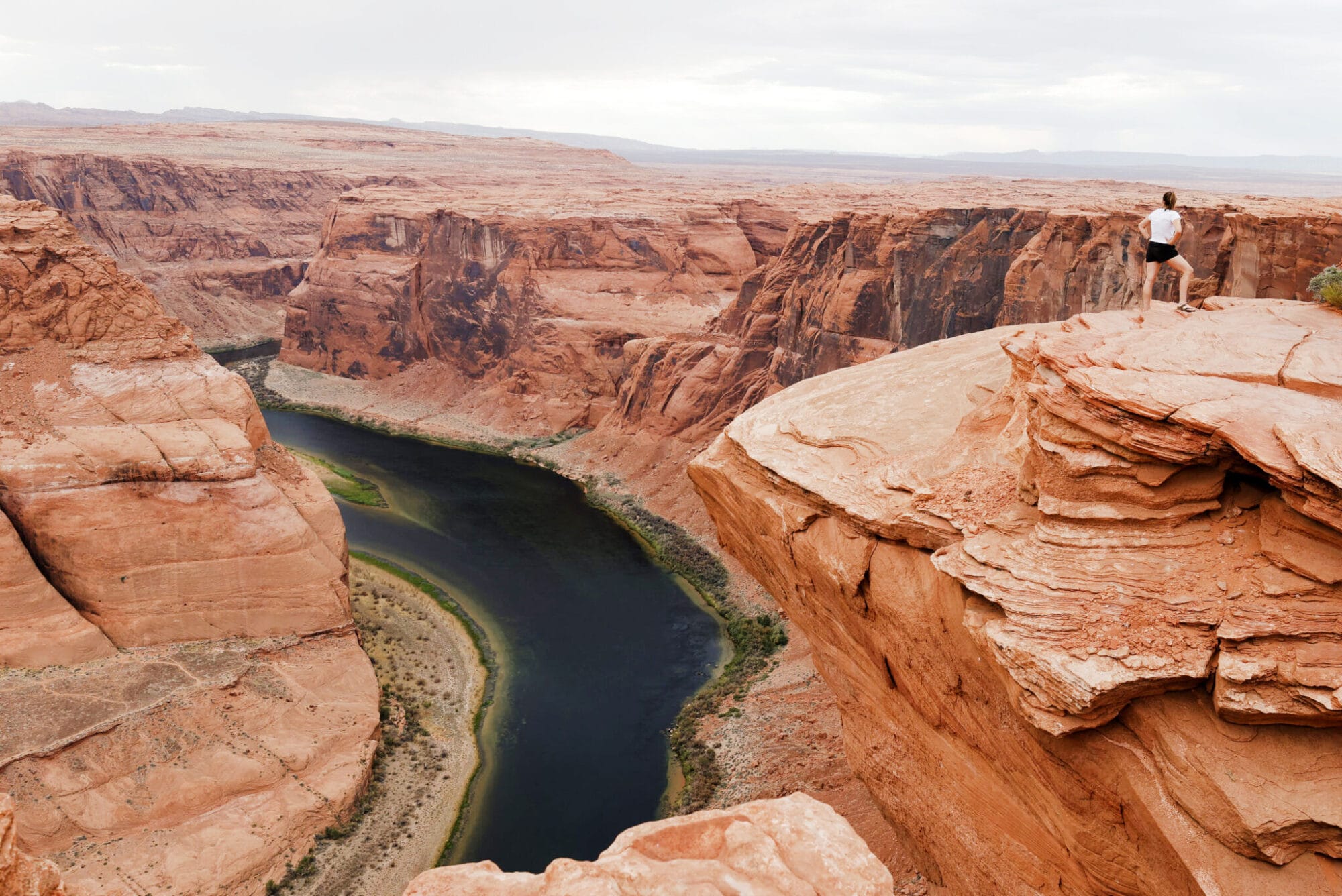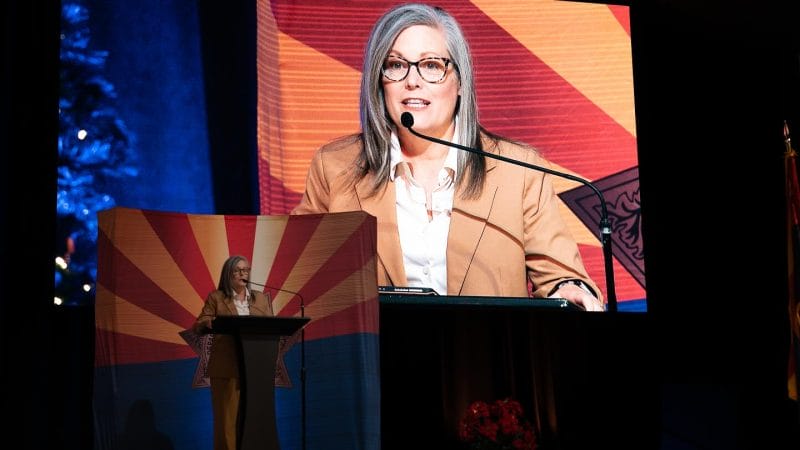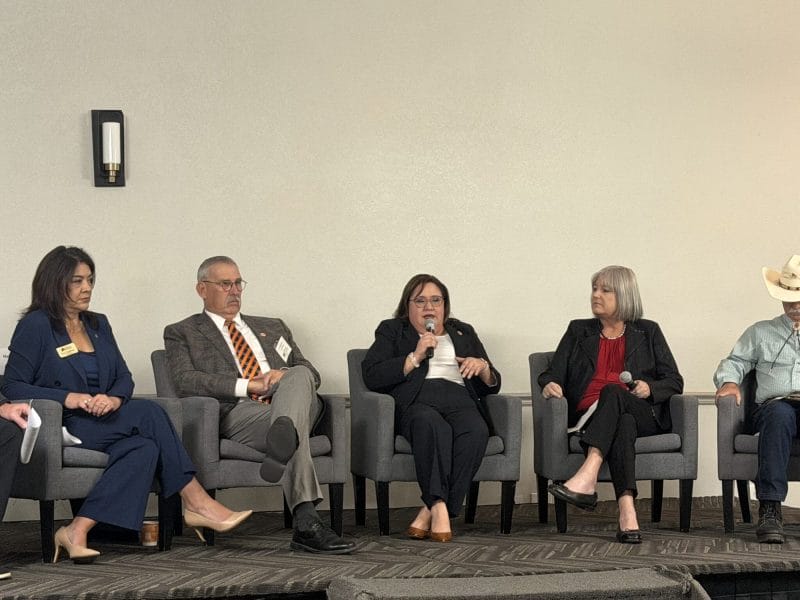California has not done enough to conserve the receding Colorado River, Arizona’s senators say.
By Ronald J. Hansen || The Arizona Republic
Both of Arizona’s U.S. senators, in different ways, are projecting optimism about the state’s long-term water security even after a week in which California could not join other Southwestern states on a plan for sharp cuts to preserve the receding Colorado River.
Sen. Mark Kelly, D-Ariz., criticized California for not proposing more serious measures ahead of a federal deadline to do so, but he is looking to major changes such as rerouting water from the northwest or pumping desalinated water from Mexico as ways to engineer a permanent solution.
Sen. Kyrsten Sinema, I-Ariz., suggested Thursday the creation of a Colorado River Water Caucus for the 14 senators from the seven states dependent on the river’s supply, and she will convene Friday another meeting of water stakeholders to continue discussions on a plan to manage existing resources.
“This is an incredibly complex issue. There is no magic solution to our water crisis,” Sinema said.
Both of Arizona’s senators touted the billions in federal spending set aside to help mitigate the effects of climate change in the parched southwest.
The falling water levels of the Colorado River have reached a critical juncture, with federal authorities requiring cutbacks. The affected states were unable to agree on a unified plan by the Tuesday deadline to cut at least 15% of the current use, which is at least 2 million acre-feet per year.
U.S. Sen. Mark Kelly, D-Ariz., attends a roundtable discussion on border policy at the Regional Center for Border Health in Somerton, Ariz., on Jan. 10, 2023.
Instead, all the states except California submitted to the U.S. Bureau of Reclamation what they characterized as a “consensus” plan that suggests potential water cuts. California is the biggest water user in the region.
In Washington, House Republicans are looking at ways to make steep cuts to the federal budget even as the Southwest may need an ambitious — and pricey — water lifeline project.








